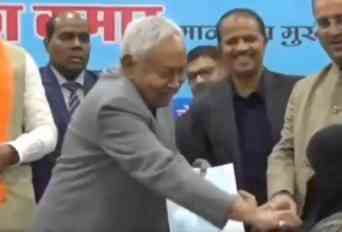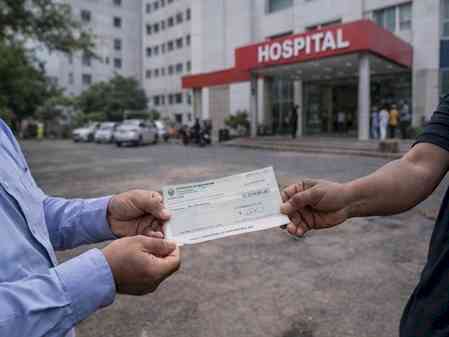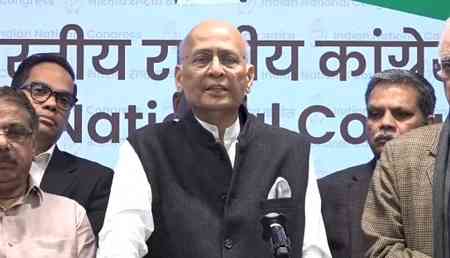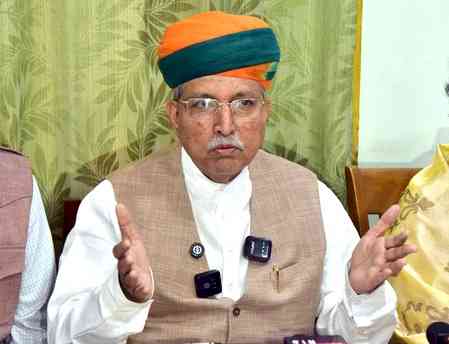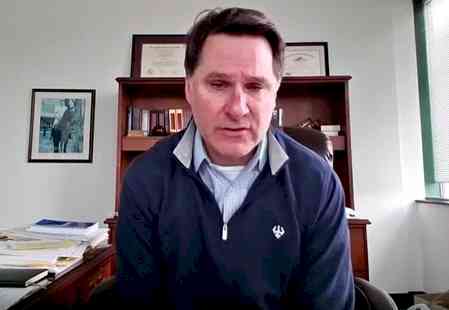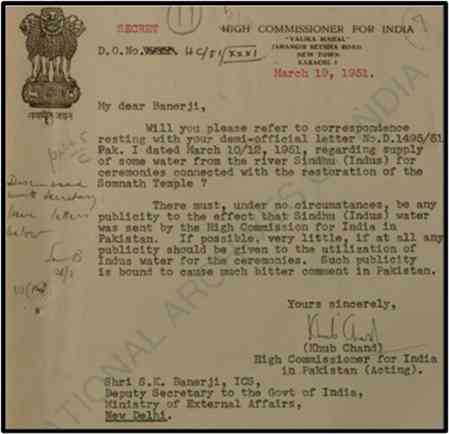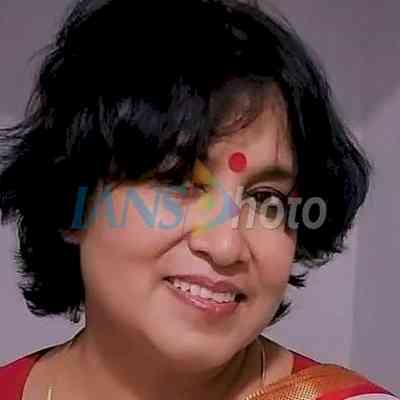Thousands of blood cancer patients are in dire need of matching blood stem cell donors
Blood stem cell transplant is often the only life-saving treatment option for blood cancer patients
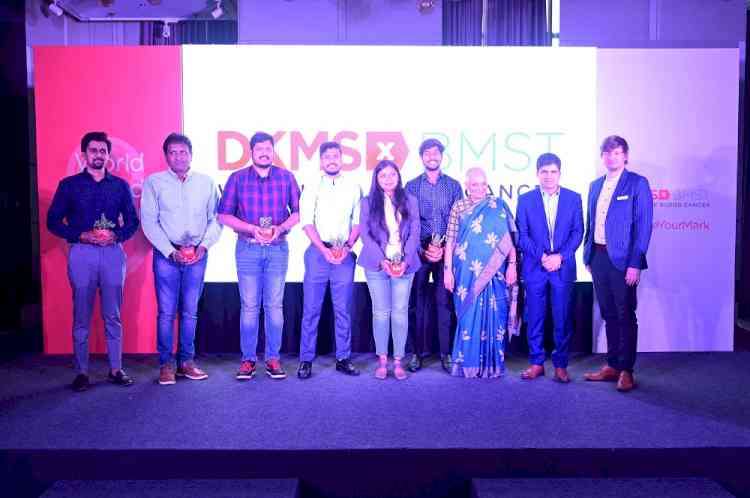
Bangalore, May 26, 2022: Blood stem cell transplant is often the only lifesaving treatment option for patients with blood cancer. Around one-year posttransplant, most patients go on to lead near normal lives. However, lack of awareness about the treatment is a big challenge in India, due to which it is a race against time for patients waiting to find a matching donor. This was stated by medical experts in Bengaluru while marking the World Blood Cancer day, in an event organized by DKMS BMST Foundation India, a non-profit organization dedicated to the fight against world blood cancer.
Dr. Sunil Bhat, Director & Clinical Lead, Pediatric Hematology, Oncology and Blood & Marrow Transplantation, Narayana Health, Bengaluru: “If a genetically well-matched, young and healthy donor is available, the outcome of blood stem cell transplant is very good. The success rate differs with variations in patient and disease characteristics but, if done at the right time, 60-70% patients can be completely cured. In fact, the success rate has increased up to 80% with advancement in the conditioning regimen. Studies suggest that more than 70% of patients report good to excellent quality of life in 1-4 years after the transplant.”
Over the last two decades, better diagnosis and disease awareness has led to a definite increase in incidence of blood cancer in India, especially in patients belonging to lower socio-economic strata. These patients are being diagnosed at advanced stage of the disease, leading to higher morbidity and mortality. A large number of patients from underprivileged sections and remote locations go undiagnosed and the incidences are not reported.
Unavailability of matching blood stem cell donors is the main challenge faced by Indian patients in need of a transplant. Said Patrick Paul, CEO, DKMS BMST Foundation India, only about 30% of the patients can find a sibling match and the rest 70% depend on finding a matching unrelated donor. As per the World Marrow Donor Association, there are over 39 million donors registered across the globe. Only 0.5 million of these are from India. When someone needs a blood stem cell transplant, their odds of finding a match is much higher from among people of the same ethnicity. Hence it is very important for more Indians to step forward to register as donors so that more patients can be saved.”
Every year, over 70,000 people die due to blood cancer in India, even as over 1lakh new patients get diagnosed. Said Dr. Sunil Bhat: “Both malignant and non-malignant conditions can be treated with a blood stem cell transplant, including Lymphoma, Leukemia, Myeloma and Hodgkin’s diseases. Knowing the type and subtype of leukemia is important in estimating life expectancy. The 5-year survival rate for children with Acute Lymphoblastic Leukemia (ALL) has greatly increased over time and is now about 90% overall. The 5-year survival rate of Acute Myelogenous Leukemia (AML) has also increased over time and is now in the range of 65-70%. Early detection and initiation of treatment along with proper compliance from patient side will reduce both mortality and morbidity."


 City Air News
City Air News 
